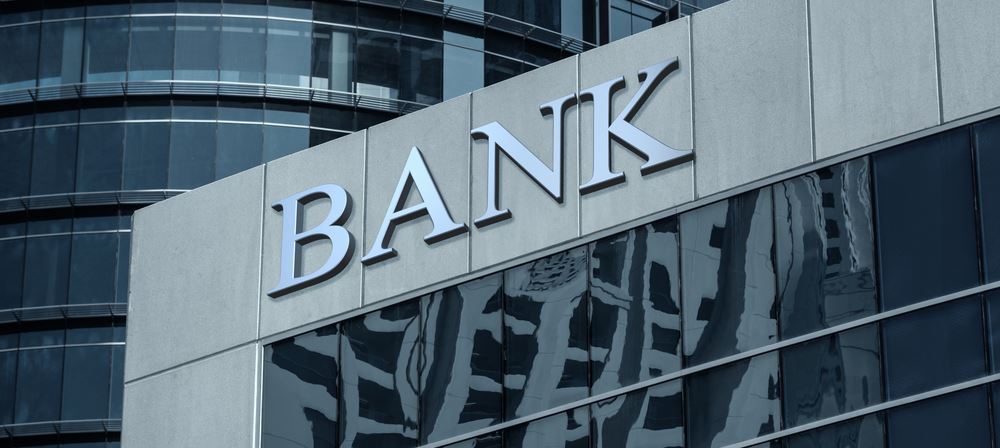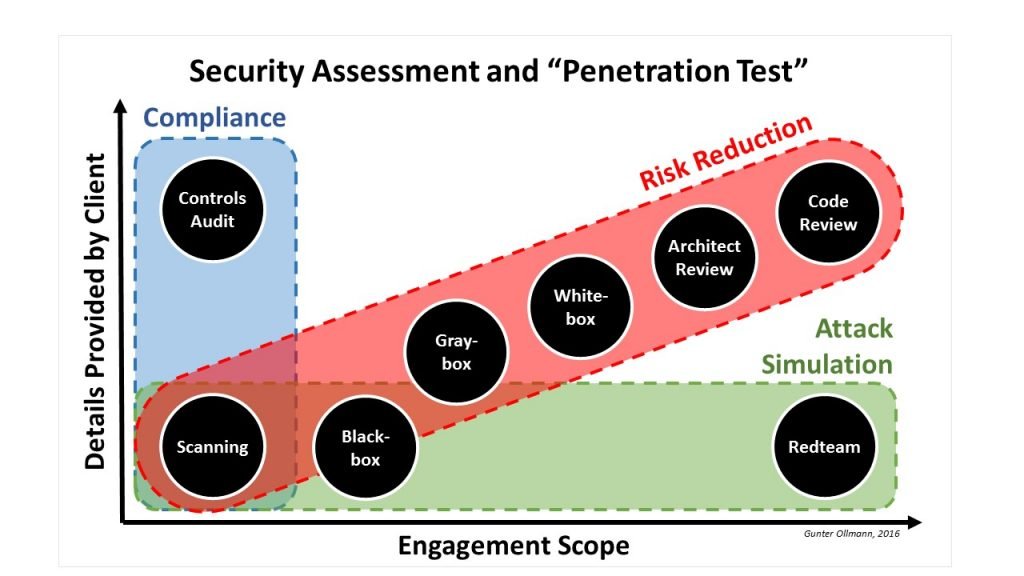Conducting Work place Investigations

Conducting workplace investigations is one of the most challenging duties that HR professionals must take on. Workforce demographics are shifting. New laws are constantly coming up. Managers make mistakes because they aren’t properly trained or they’re under pressure to resolve complaints quickly. Employees are more aware of their rights.
I don’t know any other business area where things can change so dramatically in a fairly short period of time as far as legislation or best practice or new research and that makes it incredibly challenging to stay on top of everything.”
A workplace investigation is a challenging and quite intimidating thing to have to handle for the first few times
Ideally, with proper training and experience, an investigator over time develops a greater comfort level in handling complaints, but the task is not for the faint of heart.
While many HR departments investigate every employee complaint, employers are legally mandated to investigate harassment, discrimination, retaliation, safety and certain other types of complaints.
Once the decision to investigate has been made, some HR professionals may be tempted to immediately start scheduling interviews. However, good investigators will first create a plan that answers these questions:
Who will investigate?
What will be investigated?
What evidence needs to be collected?
Who will be interviewed?
You need to clearly define the purpose of the investigation and its scope because if you don’t understand the purpose of the investigation, you will get off track.






Responses